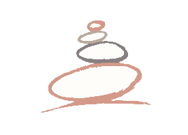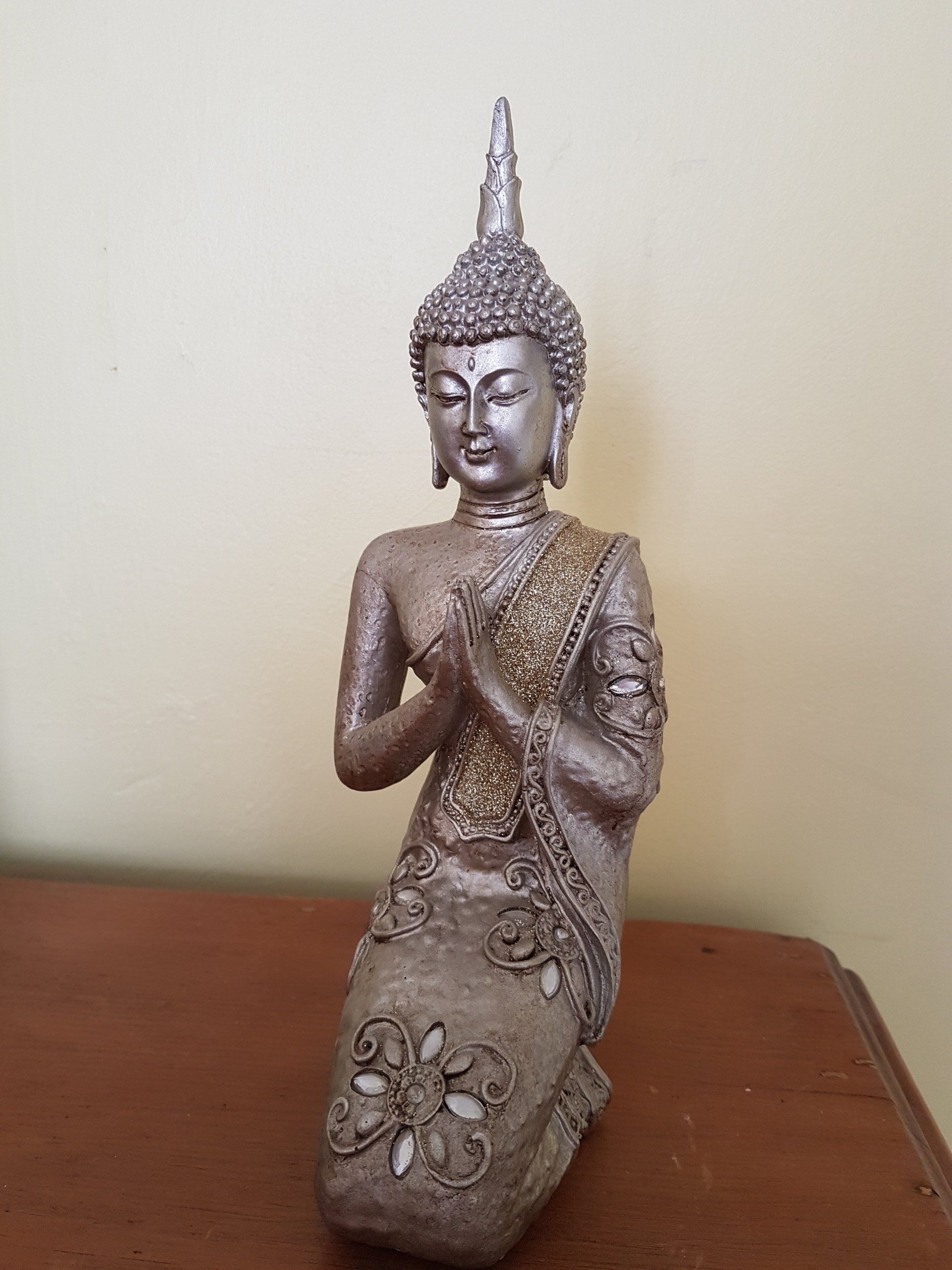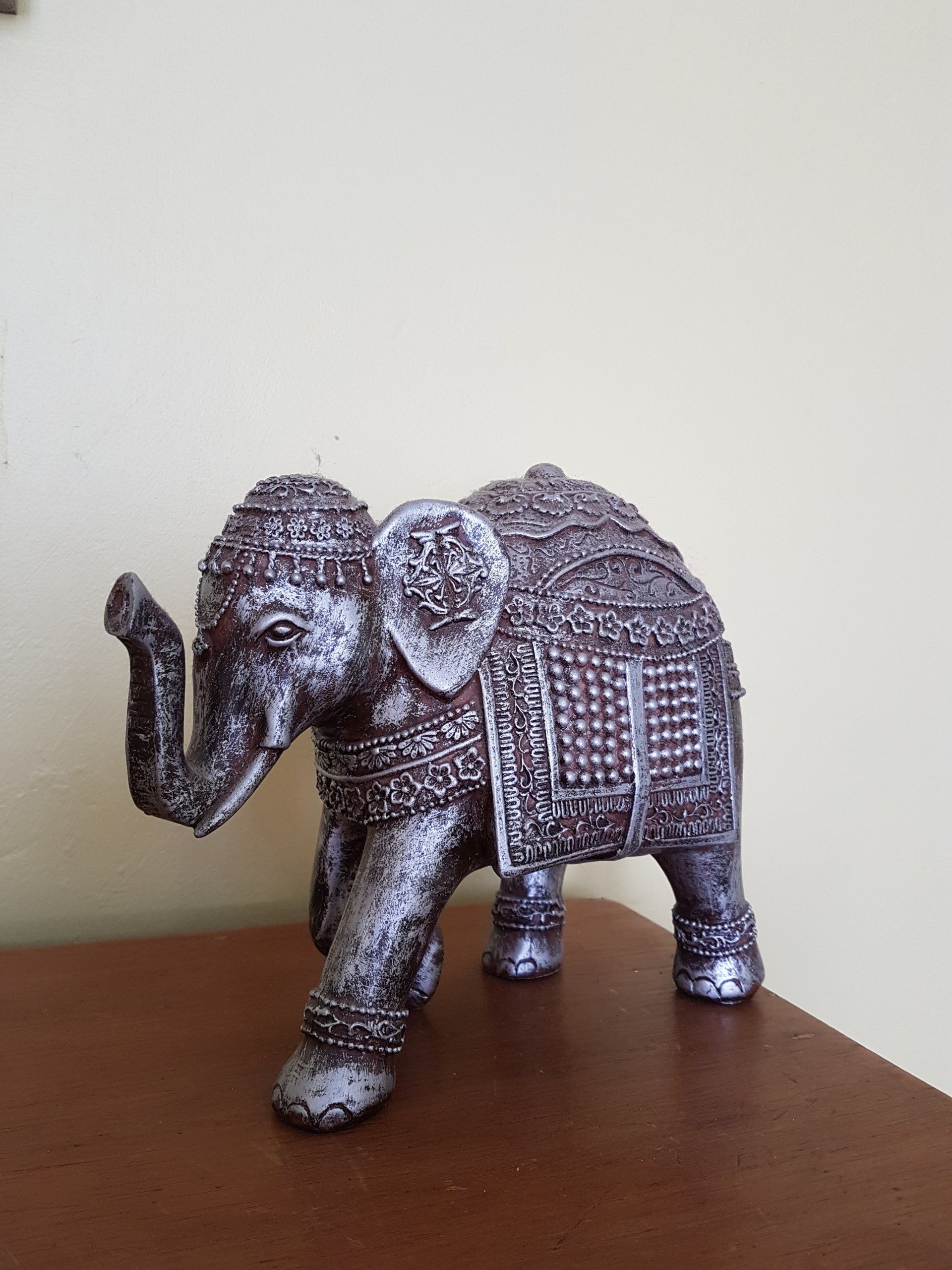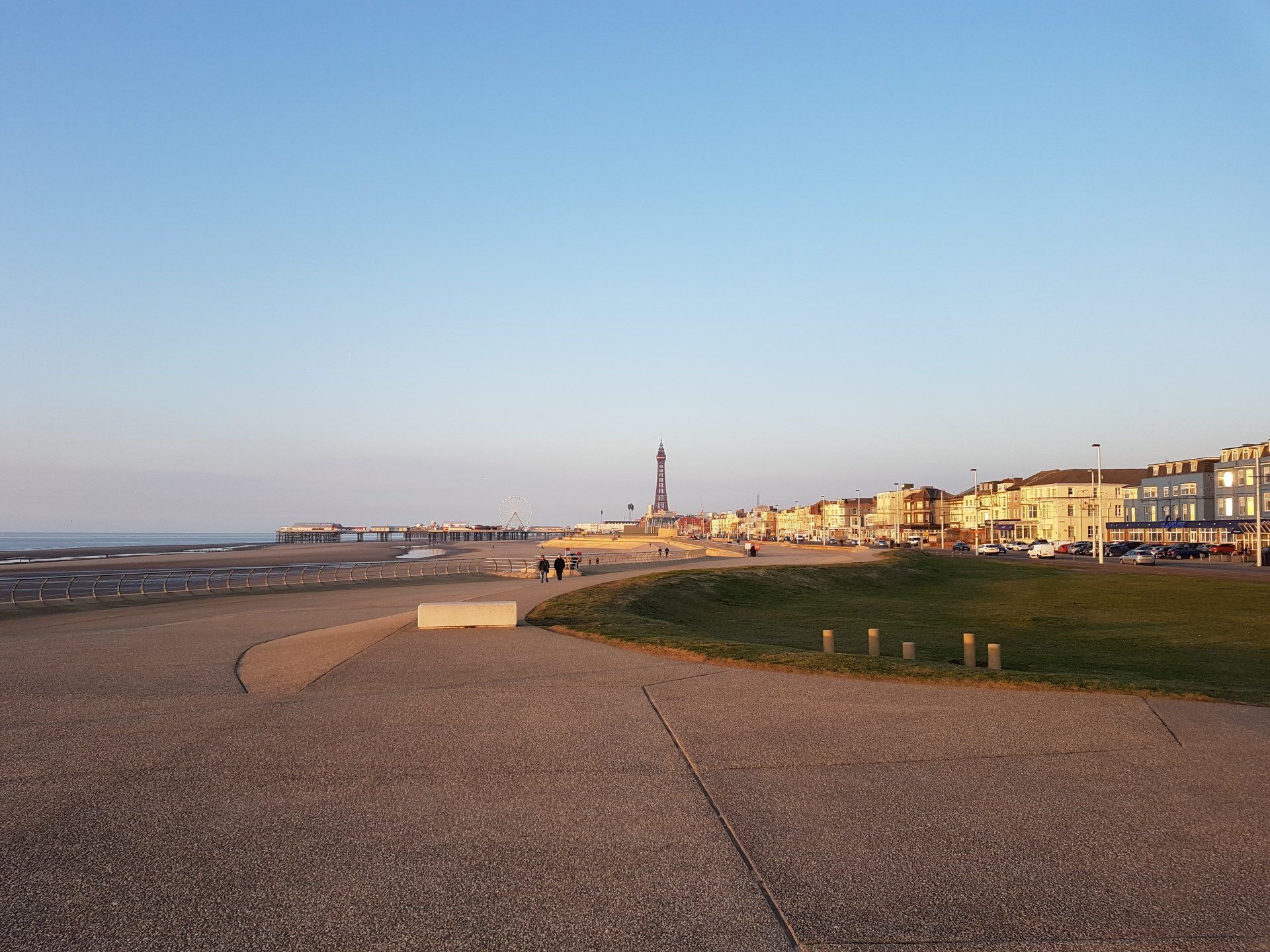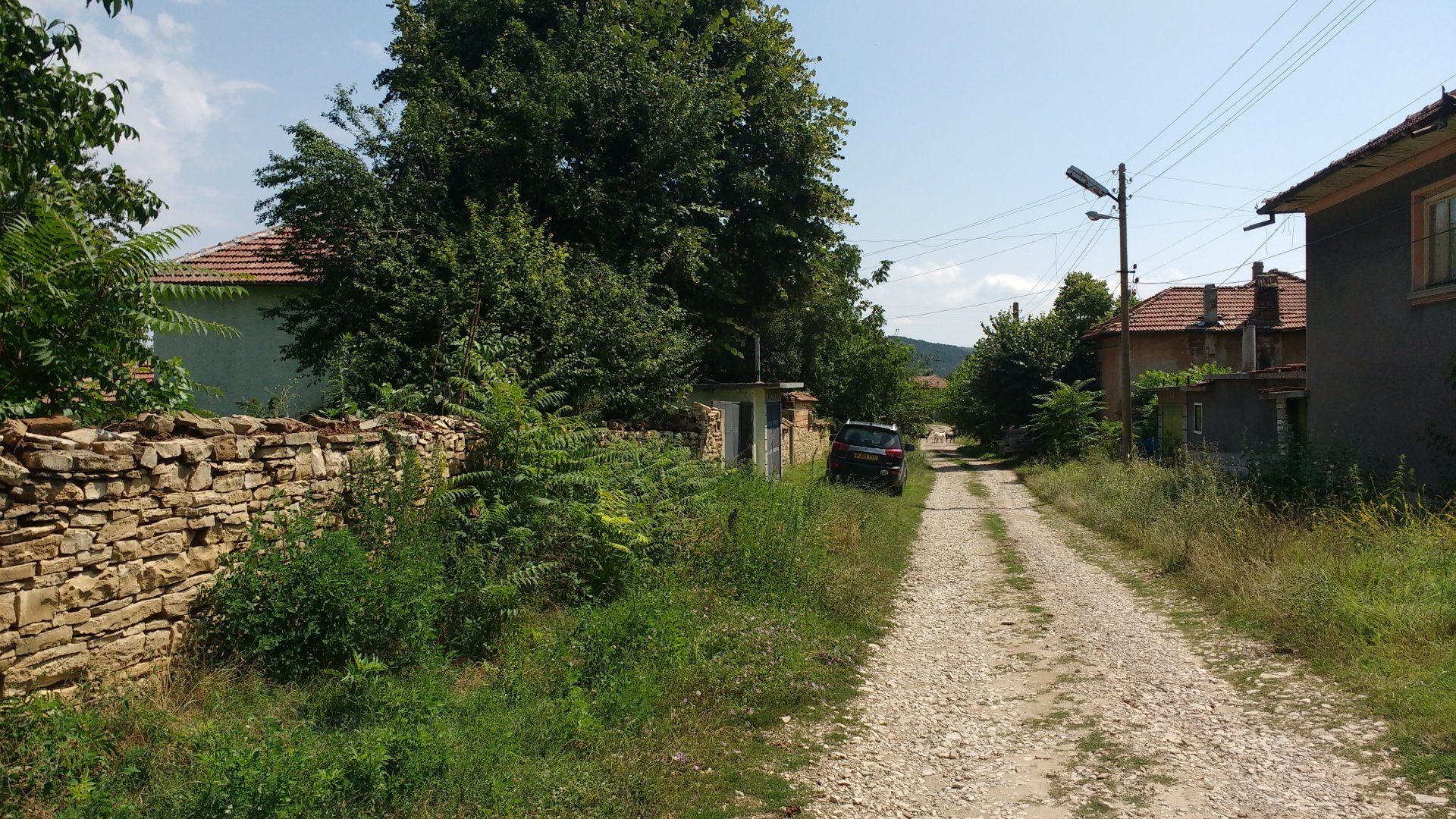Bipolar Disorder
Bipolar Disorder
Bipolar disorder, also known as manic depression, is a mental disorder characterised by periods of depression and abnormally elevated moods. If the elevated mood is severe or associated with psychosis, it is called mania; if it is less severe, it is called hypomania.
People with bipolar disorder may have trouble managing everyday life tasks at school or work, or maintaining relationships. There is no cure for Bipolar, however there are many treatment options available that can help to manage the symptoms.
Types of bipolar disorder
Types of bipolar disorder
There are three main types of bipolar disorder: bipolar I, bipolar II, and cyclothymia.
Bipolar I
Bipolar I is defined by the appearance of at least one manic episode. You may experience hypomanic or major depressive episodes before and after the manic episode. This type of bipolar disorder affects men and women equally.
Bipolar II
People with this type of bipolar disorder experience one major depressive episode that lasts at least two weeks. They also have at least one hypomanic episode that lasts about four days. This type of bipolar disorder is thought to be more common in women.
Cyclothymia
People with cyclothymia have episodes of hypomania and depression. These symptoms are shorter and less severe than the mania and depression caused by bipolar I or bipolar II disorder. Most people with this condition only experience a month or two at a time where their moods are stable.
Bipolar disorder and depression
Bipolar disorder can have two extremes: up and down. To be diagnosed with bipolar, you must experience a period of mania or hypomania. People generally feel “up” in this phase of the disorder. When you’re experiencing an “up” change in mood, you may feel highly energized and be easily excitable.
Some people with bipolar disorder will also experience a major depressive episode, or a “down” mood. When you’re experiencing a “down” change in mood, you may feel lethargic, unmotivated, and sad. However, not all people with bipolar disorder who have this symptom feel “down” enough to be labelled depressed. For instance, for some people, once their mania is treated, a normal mood may feel like depression because they enjoyed the “high” caused by the manic episode.
While bipolar disorder can cause you to feel depressed, it’s not the same as the condition called depression. Bipolar disorder can cause highs and lows, but depression causes moods and emotions that are always “down.”
What are the symptoms of bipolar disorder?
Bipolar symptoms can make it difficult to deal with day-to-day life. It can have a bad effect on your relationships and work. The different types of symptoms are described below.
Mania
Symptoms of mania can include:
• feeling happy or excited, even if things are not going well for you,
• being full of new and exciting ideas,
• moving quickly from one idea to another,
• hearing voices that other people can’t hear,
• being more irritable than normal,
• feeling much better about yourself than usual,
• talking very quickly, jumping from one idea to another, racing thoughts,
• being easily distracted and struggle to focus on one topic,
• not being able to sleep, or feel that you don’t want to sleep,
• thinking you can do much more than you actually can,
• make unusual, or big decisions without thinking them through, and
• do things you normally wouldn’t which can cause problems. Such as:
- spending a lot of money,
- having casual sex with different people,
- using drugs or alcohol,
- gambling or
- making unwise business decisions.
Hypomania
Hypomania is like mania but you will have milder symptoms. Treatment for hypomania is similar to the treatment for mania.
Depression
Symptoms of depression can include:
• low mood,
• having less energy and feeling tired,
• feeling hopeless or negative,
• feeling guilty, worthless or helpless,
• being less interested in things you normally like doing or enjoying them less,
• difficulty concentrating, remembering or making decisions,
• feeling restless or irritable,
• sleeping too much or not being able to sleep,
• feeling more or less hungry than usual,
• losing or gaining weight, when you do not mean to, and
• thoughts of death or suicide, or suicide attempts.
Psychosis
Sometimes you can have psychotic symptoms during a severe episode of mania or depression. Symptoms of psychosis can be:
• hallucinations. This means that you may hear, see, or feel things that are not there, and
• delusions. This means you may believe things that are not true. Other people will usually find your beliefs unusual.
Psychotic symptoms in bipolar disorder can reflect your mood. For example, if you have a manic episode you may believe that you have special powers, or are being monitored by the government. If you have depressive episode, you may feel very guilty about something you think you have done. You may feel that you are worse than anybody else or feel that you don't exist.




